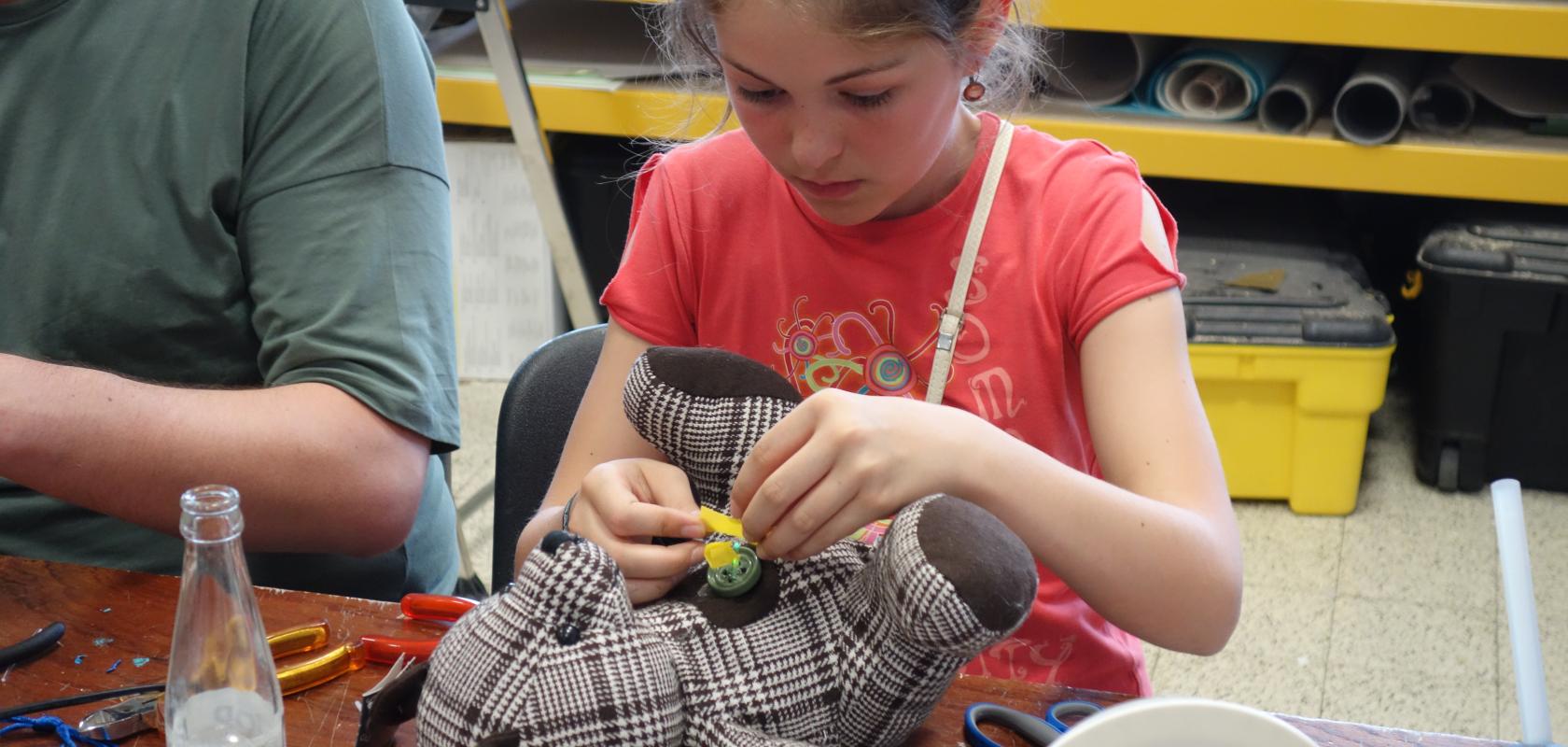A European project is targeting the underrepresentation of women in photonics, science and engineering fields through organising events in 10 countries across Europe designed to engage young females in STEM and photonics subjects.
The events, organised by European consortium PhabLab 4.0, have attracted a total of 1,221 girls and women since last year. The consortium is targetting three age categories with different workshops and events: young school students (ages 10-14), university students, and young professionals and technicians.
The workshops and projects aim at offering a glimpse into careers in photonics, engineering, computer coding, and robotics. The tasks included creating an artwork made from lasers, modifying a cuddly toy with photonics, or building an infrared glove that acts as a remote control where touching two fingers creates a signal. The more advanced Challenger Projects have tasked students with building an Invisibility Cloak or creating their own hologram.
'Phablabs is amazing and interesting. We’ve learned lots of new skills that we wouldn’t have picked up in school,' said 18 year-old student Ester Muylaert, 18, from Halle, Belgium. 'To see the job in front of me and to meet the person who does that job has given me loads of ideas about what I can do in the future. It’s really made me want to work with photonics.'
One of the results of the PhabLabs 4.0 consortium has been the publication of a new booklet, A Gender Balanced Approach, which acts as a guide to future fabrication laboratories so organisers in schools or universities can better engage girls and young women in science and technology.
The consortium has been supported by the Gender Action Team, a group of female photonics professionals, and has had the backing of the European Commission with funding from Horizon 2020.
'We are delighted to be able to open a door into a world of science that some girls and young women may feel is closed,' said Professor MacDonald from Women in Science and Engineering (WISE). 'Girls and young women are more likely to consider studying STEM subjects beyond age 16 if they see that the subject keeps their options open.'
'The STEM sectors can only benefit from the talents of these young women. More girls and young women deserve the chance to have successful and satisfying careers in science, technology, engineering, manufacturing, mathematics and construction,' said MacDonald.
In addition to workshops, resources are being made available as an open resource toolkit for educators to use with their students.


